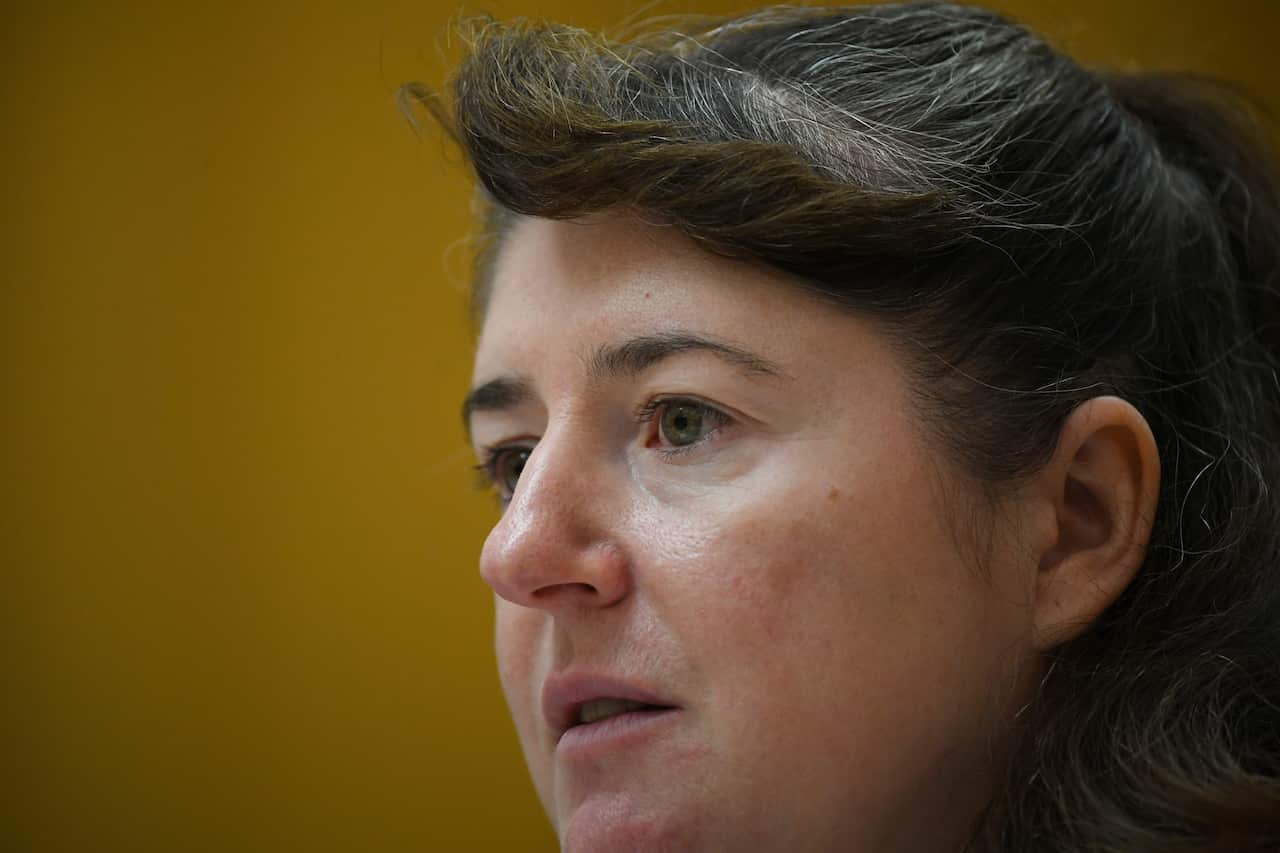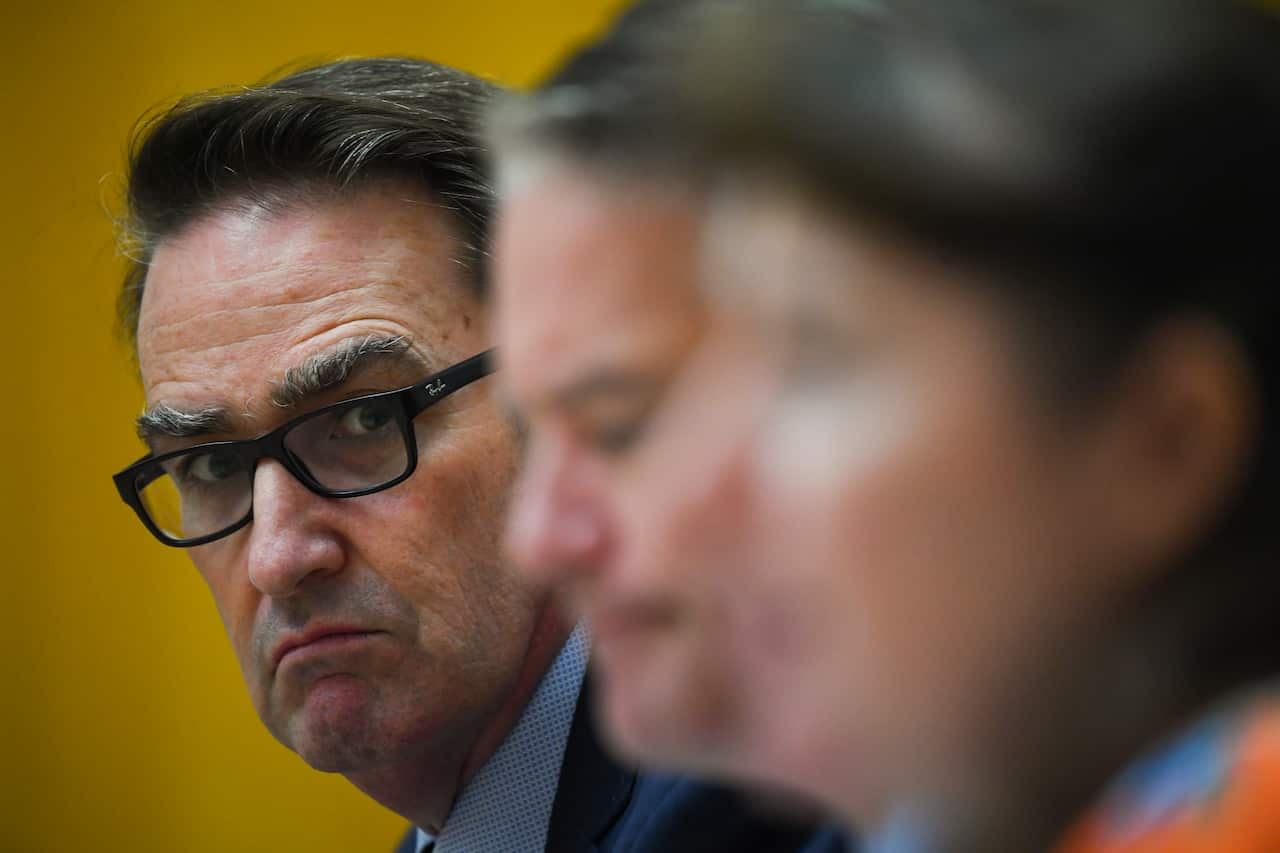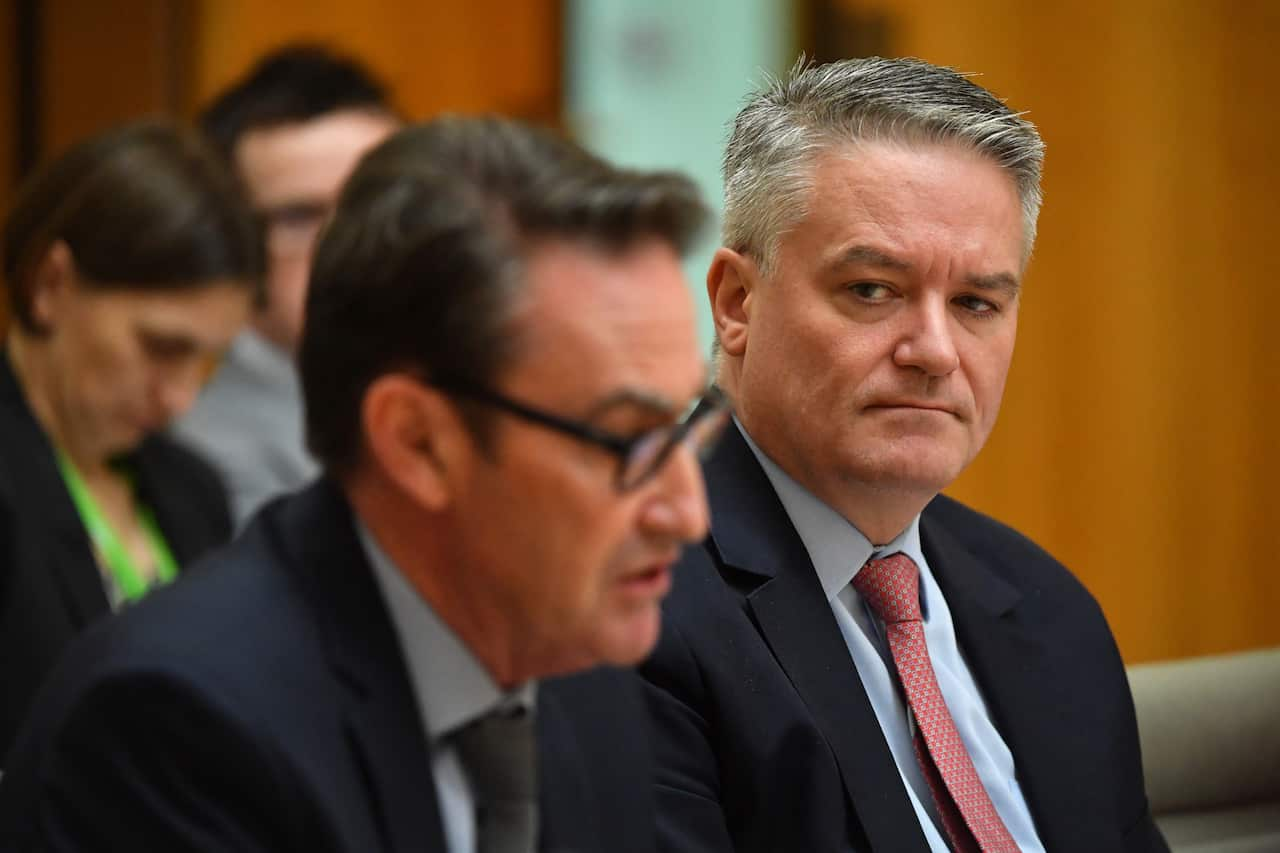Treasury has not modelled the costs of a trajectory of warming global temperatures on the Australian economy for more than a decade.
Senators clashed in estimates while trying to pin down the exact nature of work Treasury has conducted to model the costs of climate change and different emission reduction scenarios.
When pushed, Treasury officials said modelling of the impact of increasing global temperatures had not taken place in "recent times."
“We were involved in looking at different scenarios going back more than 10 years ago as part of the two Garnaut review processes,” Treasury Deputy Secretary Meghan Quinn said.
“That did look at different scenarios that included different environmental outcomes.”

The Garnaut review from 2008 modelled the impacts on the economy by comparing the costs and benefits of Australia taking action on climate change.
Labor Senator Katy Gallagher pressed Treasury over whether this was the last time detailed work was carried out in this area.
“The question was around international scenarios and to my knowledge – the last time we did international scenarios was at that time,” Ms Quinn said.
“That’s not the same as looking at what was happening in Australia for different scenarios.”
Treasury Secretary Stephen Kennedy had earlier told Senate Estimates his department continues to develop its understanding of the relationship between climate and its impact on the economy.
However, the revelation confirms no such global analysis has been completed during the past seven years of the Coalition being in power - with the previous review being completed under a Labor government.

Ms Quinn said while a greater examination is possible, there remains an “inexact translation of climate impacts” into the economy.
Another flashpoint in the economics committee came over whether the department had undertaken any modelling about the costs of different future emissions reduction scenarios.
Labor Senator Jenny McAllister queried whether this had already been done in the lead up to the COP26 UN climate change summit in Glasgow later this year.
“I’d have to take that on notice – I’m not aware of anything personally,” Ms Quinn said.
“You are kidding me?” Senator McAllister responded in disbelief.
Labor Senator Gallagher also questioned if the response was taken on notice out of “fear of retaliation.”
Countries across the globe have been asked to consider increasing the aspiration of their emissions targets when leaders come together for the COP26 meeting.
So far, the federal government has resisted adopting a net-zero emissions target by 2050 - saying it is unwilling to do so without being able to explain to the Australian public the costs of this transition.
Estimates saw Treasury also face questioning over whether it had completed modelling for the government’s plan to reduce emissions by 26-28 per cent on 2005 levels by 2030, which they also took “on notice”
Greens Senator Peter Whish-Wilson asked Treasury if the department had looked into the costs of inaction on climate change, which drew criticism from Finance Minister Mathias Cormman.
“When you talk about the costs of inaction – that is just a false question,” he said.
“When we make these decisions of course we rely on substantial advice from all of the appropriate sources.
“But ultimately our commitment is to pursue a policy agenda which is both environmentally effective and economically responsible.”
Treasury Secretary Stephen Kennedy had earlier cited the impact of this past bushfire season as a reminder of their increased probability in the face of climate change.
He said the fires would result in a notable blow to the economy.
“The recent bushfires are having significant negative environmental, social and economic impacts,” he said.
“The environmental and social impacts are not easily quantified but are substantial.”

Treasury has estimated the economic strain from the bushfires will wipe off around 0.2 of a percentage point from GDP growth.
The coronavirus outbreak is also expected to detract at least 0.5 percentage points from growth in the March quarter 2020.
But Dr Kennedy admitted it was “to early to tell what those economic impacts will be”.
The Garnaut report, completed by economist Ross Garnaut in 2008, warned Australia ran the risk of “continuing to be a drag on the global mitigation effect” without taking action to reduce emissions.
At the time he said a carbon pricing scheme would be critical to Australia meeting its commitments at the lowest cost, but this policy option has since been rejected by both major political parties.

